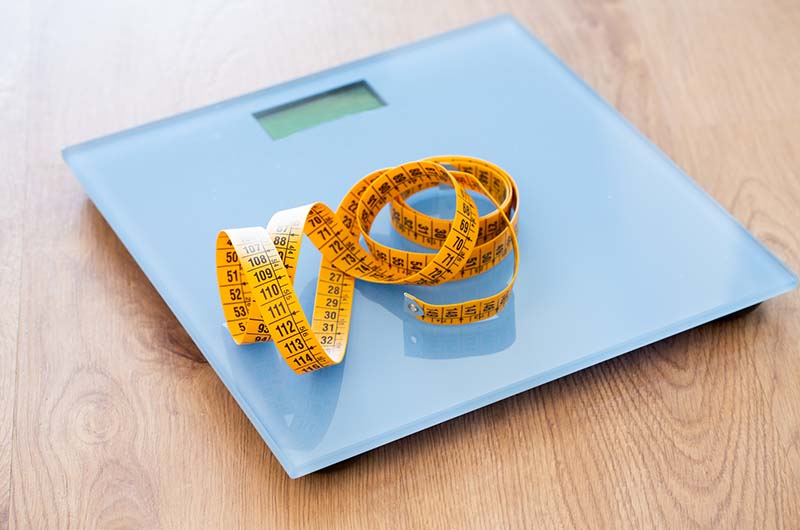How the Body Roundness Index offers new insights into cardiovascular risk

When assessing heart disease risk, many of us think of the standard go-to measurements: body weight, body mass index (BMI) and a look at family history. However, recent research highlights a tool that could better predict cardiovascular health: the Body Roundness Index (BRI).
Researchers have criticized BMI for years as a health metric because it only measures height and weight, not considering key nuances such as muscle mass, body composition, bone density and sex. Experts also criticize research supporting BMI because many studies focus on the relationship among BMI, health and risk of death without considering how losing or gaining weight, either on purpose or by accident, could influence these results.
BRI is a new way to estimate abdominal fat by combining waist size and height, unlike BMI, which only looks at weight compared to height. BRI focuses on body shape, especially fat around the stomach. While research has shown a link between overall obesity and belly fat, some people may be overweight but not have belly fat, or they may have belly fat without being overweight. This can lead to mistakes in diagnosis. Measuring waist size can show higher risks for heart disease, even in people who are at a healthy weight.
A recent study published in the Journal of the American Heart Association tracked nearly 10,000 middle-aged and older adults in China over six years. Researchers found that people with consistently high BRI levels had up to a 163% greater risk of developing cardiovascular disease compared to those with lower levels, even when accounting for age, sex, lifestyle and other health factors.
Participants in the study came from diverse regions across China and had their waist circumference and height measured every two years. By grouping people based on their BRI trajectories — low-stable, moderate-stable and high-stable — researchers detailed how body shape changes correlate with heart health risks over time.
“This is the first large study to evaluate BRI over time and how it may be associated with the incidence of cardiovascular disease among middle-aged and older Chinese adults,” said Yun Qian, M.D., Ph.D., a researcher in the department of chronic non-communicable disease control at Nanjing Medical University’s Wuxi Center for Disease Control and Prevention in Nanjing, China. Qian helped lead the study. “Our findings suggest that prolonged increases in BRI appear to raise cardiovascular risk significantly.”
According to Yulia Zak, M.D., a clinical assistant professor of surgery at Stanford University who was not involved in the study, the study’s size helps support its findings. “The study included almost 10,000 participants, which allowed the authors to perform meaningful subgroup analyses to evaluate the relationship between BRI and risk of cardiovascular events,” she said.
The study also adjusted for variables such as diabetes, high blood pressure, age, sex and more. “This suggests that BRI is an additional independent risk factor that can be used as one of the variables in assessing individual risk of cardiovascular disease,” said Zak. “This was also a longitudinal study that took into account multiple BRI measurements over six years, rather than a single cross-sectional assessment.”
While the findings are promising, Zak also said the study has its limitations. Although the overall sample size was large, it still raises concerns about whether the sample was truly representative of the broader Chinese population or could be generalized to other populations. Additionally, cardiovascular events were based on self-reports rather than verified medical records, potentially affecting data accuracy.
The study opens several avenues for future research, though. According to Zak, “The next steps in research should include expanding prospective longitudinal studies to patients outside of Asia and following patients for longer periods of time to evaluate for changes in BRI and how those may affect cardiovascular risk.”
Meanwhile, Qian believes this research could pave the way for broader use of BRI in clinical settings. “More research is needed to fully understand how BRI could guide prevention strategies for cardiovascular disease,” Qian said. For now, the findings reinforce the importance of maintaining a healthy weight and reducing abdominal fat to protect your heart.
Heart disease remains the leading cause of death worldwide, claiming nearly 20 million lives annually. While tools such as BMI and now BRI provide valuable insights, they’re just one piece of the puzzle. Maintaining heart health involves a combination of healthy habits, regular checkups and managing known risk factors. With tools such as BRI, science is moving closer to personalized, predictive health care — helping you and your health care team stay ahead of heart disease.





